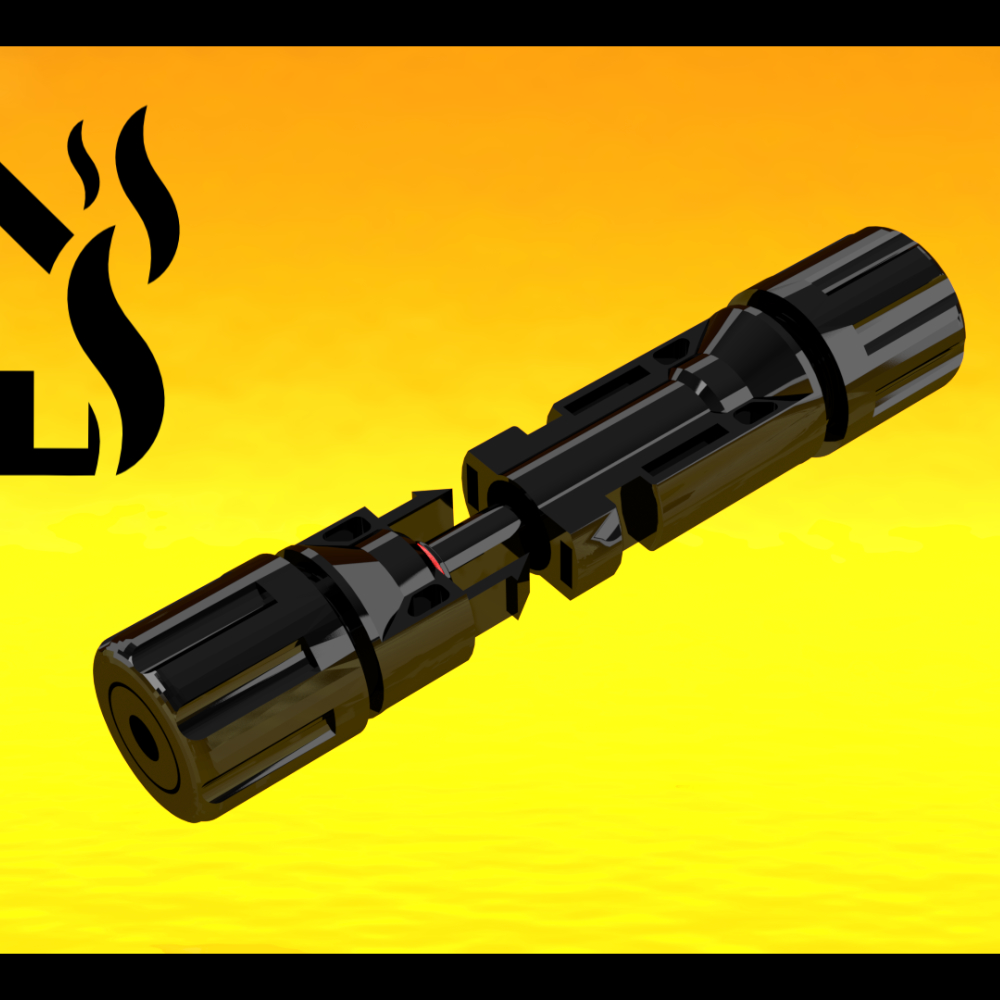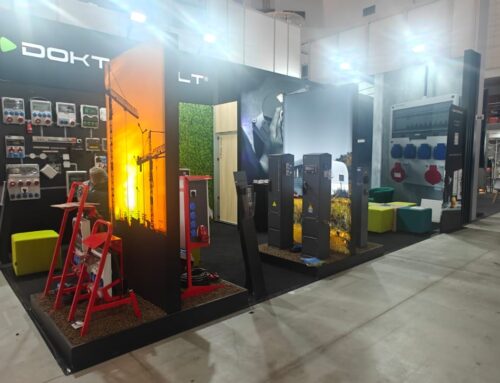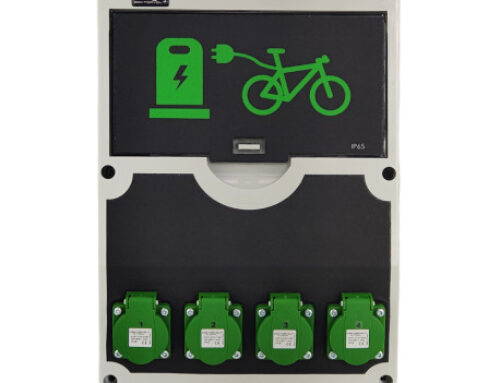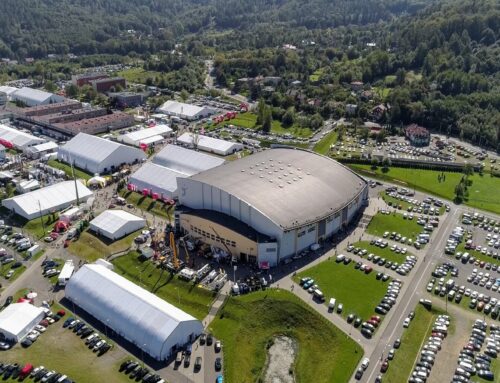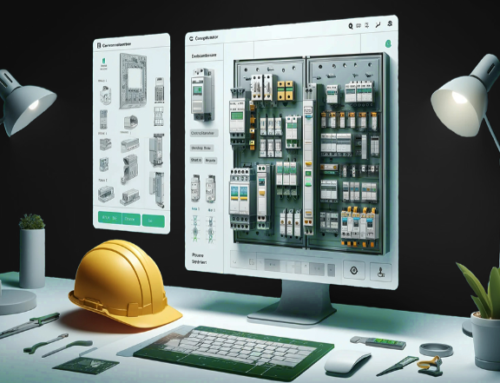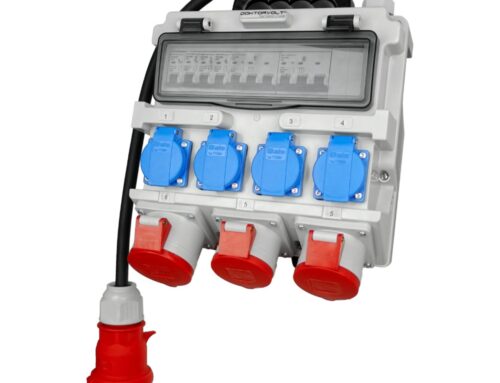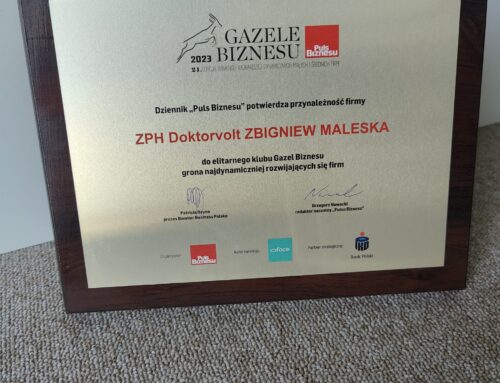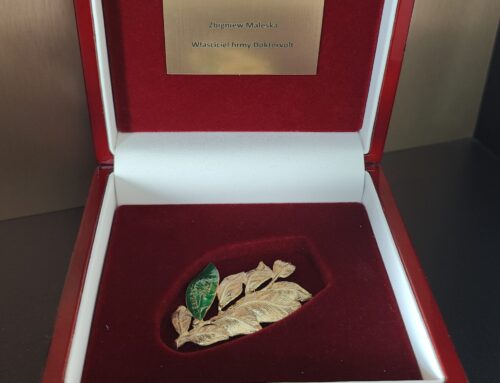Solar installations are becoming a more popular solution day by day due to ecological factors, also saving energy and money that this investment brings. Photovoltaic systems, however, raise many concerns about the issue of fire protection. However, the likelihood of an installation catching fire can be reduced to a minimum if installers adhere to a key principle that we will introduce in this article.
Based on several years of experience of installers in countries where PV installations have been popular for a long time, it can be concluded that a very common cause of fires of PV installations is the use of solar connectors from various manufacturers. Such an error can lead to an electric arc and, consequently, ignition of the system. These conclusions are supported by studies of European organizations such as the Dutch Technical Office (TFO) or the German Association of the Solar Industry (Bundesverband Solarwirtschaft e.V.). The results leave no shadow of illusion – poor matching of connectors leads to the production of resistance, which results in an increase in temperature resulting in a fire in the installation.
To avoid burn-in resulting in a fire, the installer should also check the correctness of all components after connecting. The key issue is also the use of appropriate tools dedicated to the installation of solar installations (a very common cause of failure is poorly pressed connectors). When choosing limiters and safeguards, it is also worth following the quality criterion above the price – the stake is building safety and protection of human life.
The solar switchgears of the manufacturer Doktorvolt are products of the highest quality, whose components come from proven European suppliers. An important element is the MC4 Epic Solar solar connectors manufactured by the German company LAPP Kabel. Switchgears are also based on hermetic (IP65) enclosures from the Italian company Marlanvil, with a durability of 1000V. When offering high-quality switchgears and providing the above advice, we are mindful of our clients’ well-being. At the same time, we hope that increasing awareness of the dangers of faulty solar installation will improve overall safety.
